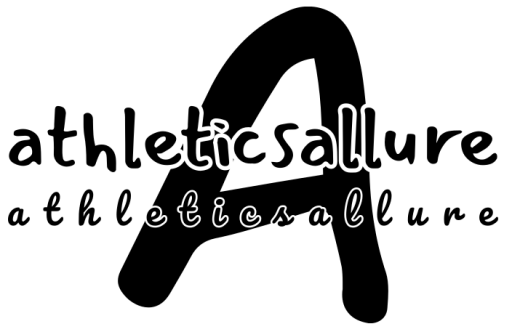Athletes, by the very nature of their pursuits, subject their bodies to intense physical demands. The key to prolonged success and optimal performance lies not only in rigorous training but also in effective recovery. In this article, we delve into the arsenal of recovery and wellness tools that every athlete should consider incorporating into their routine.
Understanding the Athlete’s Body
Athletes push their bodies to the limit, often resulting in muscle fatigue and micro-tears. Understanding the science behind muscle recovery is the first step towards choosing the right tools.
Essential Recovery Tools
Investing in high-quality foam rollers and massage guns can be a game-changer. These tools aid in releasing muscle tension, promoting blood flow, and accelerating the recovery process.
Nutritional Supplements for Recovery
Adequate nutrition is the bedrock of athletic recovery. We explore the significance of a balanced diet and introduce specific supplements that can enhance recovery, from protein powders to essential vitamins.
The Role of Compression Gear
Compression clothing is not just a fashion statement for athletes. We dissect its role in providing muscular support and accelerating recovery after strenuous activities.
Hydration as a Recovery Tool
Proper hydration goes beyond quenching thirst; it plays a pivotal role in muscle recovery. We delve into the importance of staying hydrated and the role of electrolytes in this process.
Sleep and Its Impact on Athletic Performance
Quality sleep is a non-negotiable aspect of recovery. We analyze the intricate connection between sleep and athletic performance, offering tips for athletes to improve their sleep hygiene.
Technology in Recovery
Welcome to the era of smart recovery. Wearable tech and cryotherapy are changing the game, providing athletes with data-driven insights and cutting-edge recovery techniques.

Mindfulness and Mental Recovery
Athletic prowess is not solely physical; mental well-being is equally crucial. We explore stress management techniques and mindfulness practices tailored for athletes.
Cross-Training for Balanced Recovery
Diversifying workout routines is key to preventing burnout and ensuring holistic recovery. We discuss the benefits of incorporating activities like yoga into an athlete’s regimen.
Injury Prevention Strategies
An ounce of prevention is worth a pound of cure. We provide practical exercises and tips to prevent common sports injuries and stress the importance of regular check-ups.
Creating a Personalized Recovery Plan
One size does not fit all in recovery. We emphasize the need for athletes to work with professionals to create personalized recovery plans tailored to their unique needs.
Real-life Success Stories
Learn from the best. We share inspiring stories of athletes who have successfully integrated specific recovery tools into their routines, showcasing the diversity of approaches.
Challenges in Implementing Recovery Practices
Recovery isn’t always smooth sailing. We address common challenges athletes face in maintaining a consistent recovery routine and provide practical solutions.
Looking to the Future: Emerging Trends in Athletic Recovery
The world of athletic recovery is evolving. We briefly touch upon the latest trends and technologies on the horizon, urging athletes to stay ahead of the curve.
In conclusion, investing in recovery and wellness tools is not a luxury but a necessity for athletes aiming to perform at their peak. From traditional methods like foam rolling to cutting-edge technologies, the options are diverse, allowing athletes to tailor their recovery routines to their specific needs. By embracing a holistic approach to recovery, athletes can ensure longevity in their careers and enjoy sustained success.
FAQs:
- Are these recovery tools suitable for all sports?
- Yes, the principles of recovery discussed in this article apply to athletes across various sports.
- How often should athletes incorporate these tools into their routine?
- The frequency of use depends on individual factors and training intensity but generally ranges from daily to several times a week.
- Can beginners benefit from advanced recovery tools?
- While beginners may not need the same intensity of recovery tools, incorporating basic tools can still aid in muscle recovery.
- Do recovery tools replace rest days?
- No, recovery tools complement rest days and other recovery practices; they do not replace the essential need for rest.
- Are there budget-friendly options for recovery tools?
- Yes, there are budget-friendly alternatives for most recovery tools, ensuring accessibility for athletes at various levels.
